If there is any book you can read all year round it’s this beautifully illustrated and meaningful book – All the Ways to Be Smart by Davina Bell and Allison Colpoys. A celebration of all the different ways children can be smart.
A book to read at the end of the school year to celebrate successes, or even at the start of the year to build up your students’ confidence! This book certainly has it all!
And, when you match a beautiful children’s story with an even more beautiful student activity – you have a winner! We feature All the Ways to Be Smart activities for kids in this blog.
“Smart is not just ticks and crosses, smart is building boats from boxes.”
All the Ways to Be Smart Children’s Book
The author of this book was inspired by Gardner’s Multiple Intelligences. A framework in which the concept of ‘intelligence’ extends far beyond that of logical and linguistic intelligence.
Outline of Gardner’s Multiple Intelligences:
- Musical – ‘I sometimes use songs or rhythm to learn.’
- Visual – ‘I like to see, visualise or imagine what I am learning.’
- Verbal – ‘I like to read, write, tell stories and memorise information.’
- Logical – ‘I use logic, reasoning, numbers and critical thinking.’
- Bodily – ‘I like to learn by moving and doing physical activities.’
- Interpersonal – ‘I like to interact with others and work as part of a team.’
- Intrapersonal – ‘I use self-reflection and analysis to set personal goals and identify my strengths and weaknesses.’
- Naturalistic – ‘I like to nurture and relate information to my natural surroundings.’
You may like to download and display our set of classroom posters outlining Gardner’s Multiple Intelligences posters.
When you dig a little deeper into the wonderful pages of this book you’ll see each of these intelligences highlighted in one form or the other.
‘Being sorry when you’re naughty’, for example, is an expression of interpersonal intelligence. ‘Drawing witches hats’ and ‘gluing wings on bats’ is linked to bodily-kinesthetic intelligence.
All the Ways to Be Smart Activity Ideas
Once you have unpacked Garnder’s Multiple Intelligences and read this book to your class, this Proud Peacock template is the perfect student activity.
Print off the template and encourage your students to have a think about all of the ways they are smart, what are they proud of? Then, get them to write all of the things they think about on the feathers of the peacock in black marker (you may like them to write in lead pencil first and then go over their writing with a black marker).
Once they have finished writing on the peacock’s feathers, they can use coloured markers to colour the circles on the peacock’s feathers. Encourage them to look at the main colours featured on a peacock. To finish up, we used watercolour paint on the larger part of the feathers and middle part of the peacock’s body to give this gorgeous effect.
Maths Investigation – Which Plane Flies Best
“Folding aeroplanes for flying… smart is kindness when there’s crying.”
Our open-ended mathematics investigation has been designed to deepen students’ understanding of length, and it’s the perfect activity to do after reading this book for a little bit of maths inclusion.
In this investigation, students imagine that they are entering a paper plane competition. They have designed three different paper planes and can’t decide which one to enter in the competition. The students must test all three of their paper plane designs to see which one flies the furthest.
“Every hour of every day, we’re smart in our own special way.”





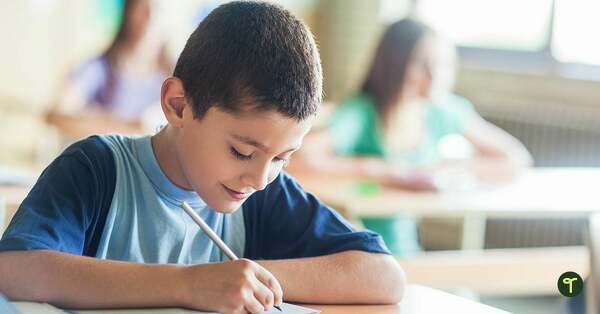
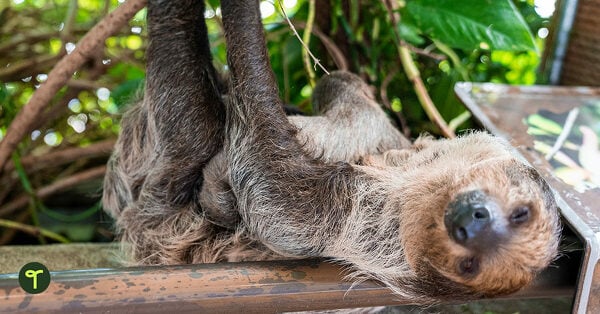
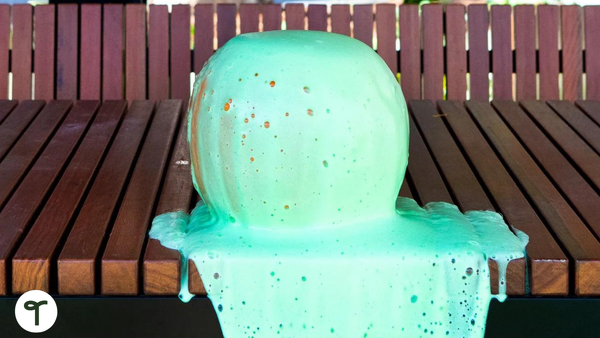
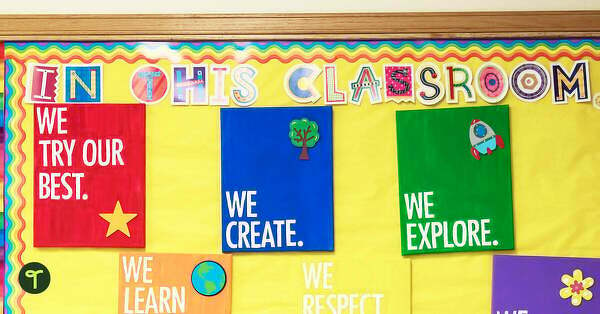
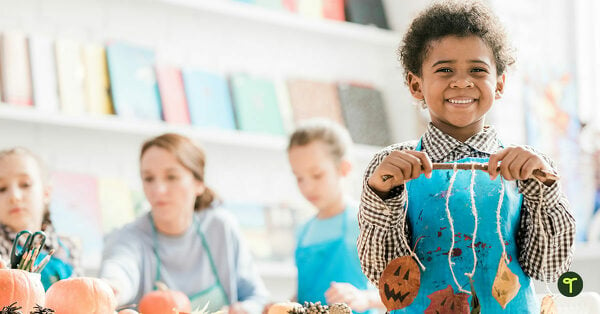

Comments